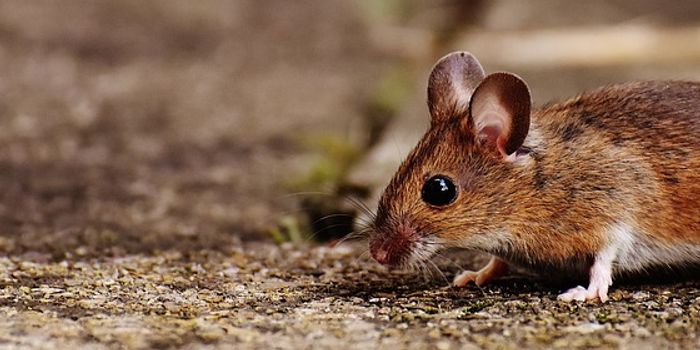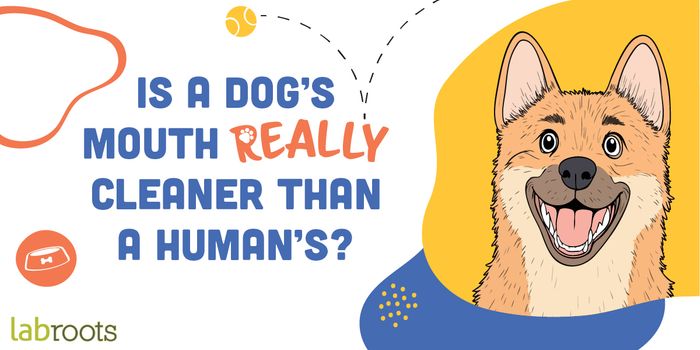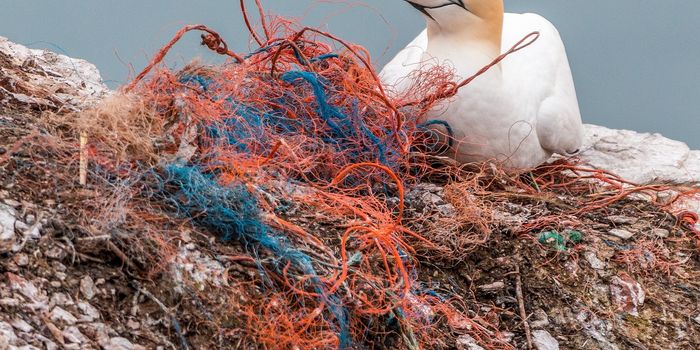This Ferret Got a Pacemaker and is Expected to Live a Normal Life
Kansas State University surgeons had the rare opportunity to surgically-implant a one-of-a-kind pacemaker into a ferret named Zelda after the pet’s owner, Carl Hobi, noticed problems with the animal’s actions and health.
Image Credit: Kansas State University
After taking the ferret to a veterinarian in December, it was determined that cardiac problems – a blockage in the animal’s heart – was causing the animal to become low in energy and spaz out. Hobi described the odd behavior as breathing heavily, resisting food, and not wanting to get up or do anything.
The veterinarian determined that the ferret needed a pacemaker to help with her low heartbeat heart condition, and without any hesitation, the ferret-loving Hobi turned to surgeons at Kansas State University to perform the procedure on Zelda.
"After other tests, they said she had a third-degree atrioventricular block in her heart, which was responsible for the slow heart rate," pet owner Carl Hobi said in a statement. "Dr. Norkus told me to take her to K-State for pacemaker implantation."
The pacemaker was a lot smaller than one you’d expect to see for a human, and as a result, it had to be specially ordered for the hefty price of $4,000. The leads on it were very tiny to accommodate for the ferret’s smaller heart, but despite all complications and doubt that the surgery would be successful, the surgery reportedly worked.
Image Credit: Kansas State University
Today, Zelda is acting normally, just like the other two of Hobi’s pet ferrets. The animal has a scar on its belly that looks intimidating at a first glance, but most of Zelda’s fur is expected to grow back normally.
Most ferrets live anywhere from 6-10 years, so whether or not the $4,000 price tag was worth the effort depends heavily on how much of an animal lover you are.
Some people see their pets as priceless and will do anything to save them in any predicament, while others will consider the value of the procedure and just try to give the animal as comfortable of a life as they can without such a procedure and while the issue persists.
Hobi says he doesn’t regret paying out the money to save his pet whatsoever, illustrating his love for ferrets, and more importantly, for his own pets.
For the surgeons, being able to complete a complicated task like this, with the little chances of success it carried, was a major milestone in the advancements of pet medical care.
Source: Kansas State University via BBC










